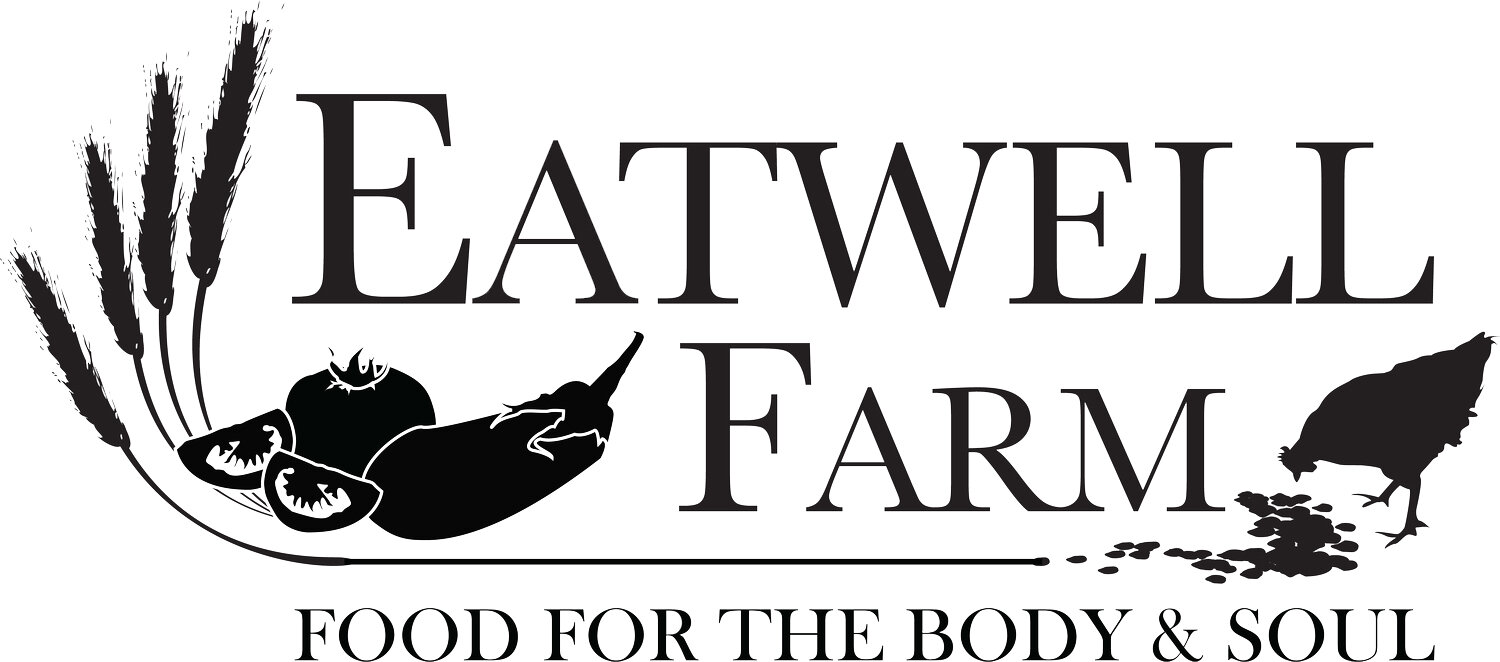Nigel had a mentor, Jim Schrupp. He cherished having someone to turn to who is so experienced in the farming world. Jim was the man Nigel asked when he needed anything or everything; a recommendation for a lawyer, or where to find parts or equipment to do whatever crazy project he was currently working on, how to deal with squirrels or just general advice. Nigel told me many times he felt it was important for him to be a mentor to young farmers because he knew how important it was having Jim in his life. One of the greatest things about Jim is his wife Georgeanne Brennan, cookbook author, and seed importer. She has amazing insight and valuable experience with unique plant varieties, which Nigel often grew based on her recommendation. I am very fortunate to have inherited them both, we visit often over a glass of bubbles. Each visit brings precious nuggets of something, cooking or recipe tips, planting advice, connections, you name it, it all happens at a sweet wine shop in Winters!
In 1982, Georgeanne, along with her partner Charlotte Glenn, started a seed company called Le Marche Seeds. They imported seeds from Europe, focussing only on older, non-hybrid varieties. Georgeanne was looking for the vegetables and fruits she ate while living in Provence in the 70’s. Le Marché Seeds was the first company to bring to the US Mesclun, Charentais Melons (the melons we grow), Chioggia Beets and Lacinato Kale!
According to Jim, it was Nigel who first began calling it Dino Kale. Perhaps that was what it was known as in England? Not sure why Nigel called it Dino Kale, but that is the story Jim shared with me recently. This is a photo of Georgeanne in the trial fields in Cesena Italy back in 1984. Hard to imagine a world without Dino Kale, it is so popular these days. Seldom do we consider how things get started, like special varieties of kale. There are so many delicious foods we enjoy every day because of the work of people like Georgeanne. If you would like to read more about the work she did here is a link to an article I found from the Oakland Standard -
http://theoaklandstandard.museumca.org/it-all-starts-seed

